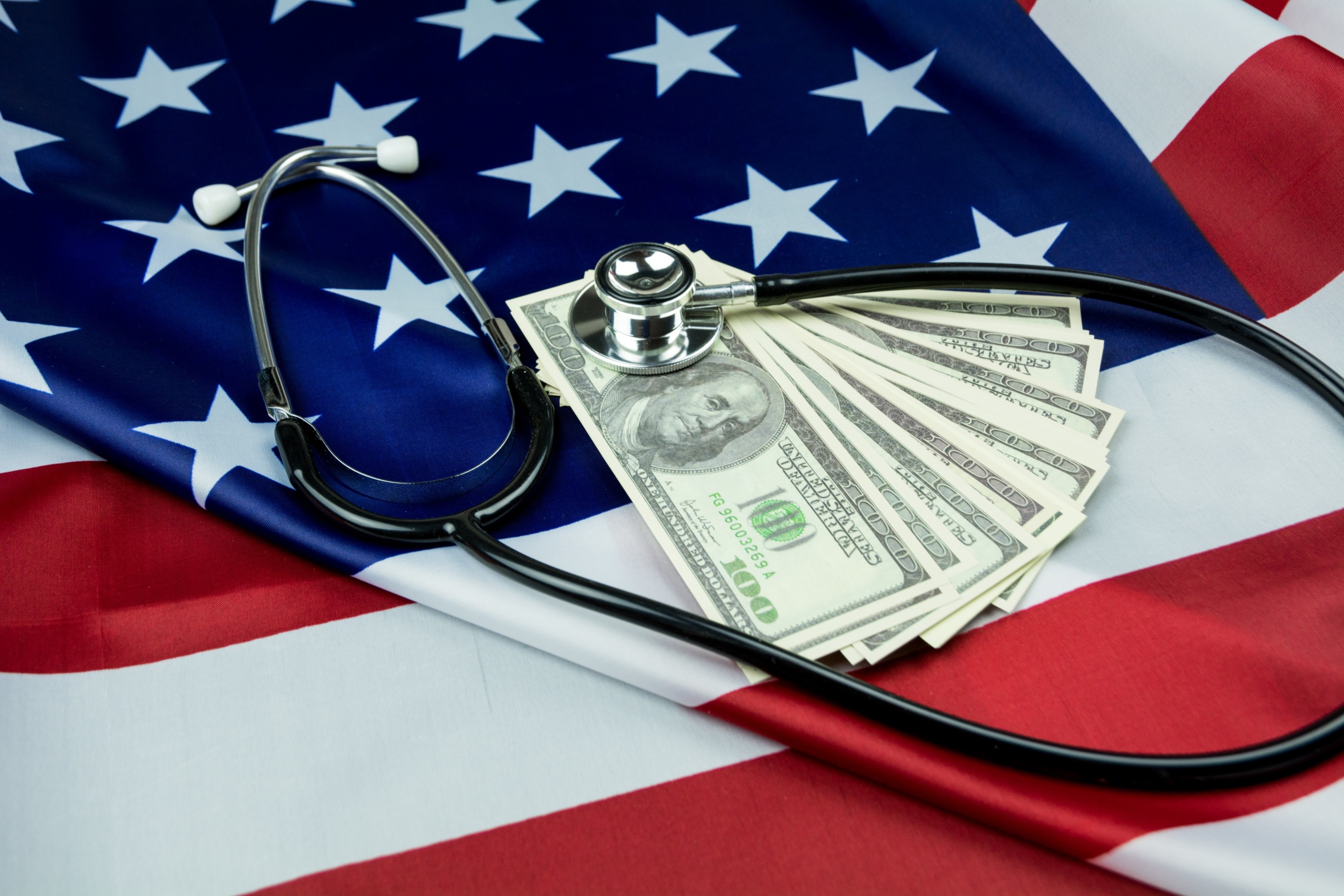
Medical Bills: Everything you need to know about your rights
Learn how to navigate your medical bills
Your one stop guide to understand and fight your health care bills
Downloads
As the cost of health care has grown ever higher, you may find your personal budget strained.
Health care prices are at an all-time high and continue to grow. That means — even if you have health insurance — more medical bills become your financial responsibility. You may find yourself paying for a monthly health insurance premium in addition to an annual deductible, copays, and coinsurance for each visit to the doctor’s office or hospital. If you are one of the millions of people in the United States who do not have health insurance, you are forced to pay the full amount of every single doctor’s visit, blood draw, or E.R. trip — which is no small thing, considering the average price of a routine doctor’s visit is between $300 to $600 alone.
These costs can be devastating to your financial security. In fact, nearly one in 10 people in the U.S. have medical debt. This includes nearly 11 million people who owe more than $2,000 and 3 million people who owe more than $10,000. Black adults (16 percent) report a disproportionate amount of medical debt compared to white adults (9 percent).
Medical debt can lead to home foreclosures, personal bankruptcies, and reduced credit scores. It also has health-related consequences, like causing people to delay a medically necessary treatment due to the cost.
That’s why it’s so important to learn how to handle your medical bills and use your rights to avoid unnecessary billing charges. In some cases, you may even need to fight an illegal medical bill.
This series of guides is meant to help you navigate medical bills and other common charges in health care settings — like when you need emergency care, are scheduling care at a hospital, or are faced with unaffordable medical bills.
Select the subject below that applies to you, to learn more
Know Your Rights
If you believe your rights have been violated, or if you are unsure — contact a legal aid organization in your area.
If English is not your primary language, you have the right to request and receive language assistance when receiving health care. You may ask for an interpreter and/or translation of all documents related to your medical services, including medical bills, financial assistance application, and consent forms.
Was this guide helpful? Let us know what you think.
Topics
Authors
Patricia Kelmar
Senior Director, Health Care Campaigns, U.S. PIRG Education Fund
Patricia directs the health care campaign work for U.S. PIRG and provides support to our state offices for state-based health initiatives. Her prior roles include senior policy advisor at NJ Health Care Quality Institute, associate state director at AARP New Jersey and consumer advocate at NJPIRG. She was appointed to the Ground Ambulance and Patient Billing Advisory Committee in 2022 and works with patient advocates across the U.S. Patricia enjoys walking along the Potomac River and sharing her love of books with friends and family around the world.
Quỳnh Chi Nguyễn
Associate Director, Community Catalyst, Center for Community Engagement in Health Innovation
Quỳnh Chi Nguyễn oversees two major projects on community benefits and economic stability, and hospital equity and accountability. She also supports local and state health advocacy organizations that are working to improve economic stability. Quỳnh Chi has expertise in several policy areas, including affordability, health insurance coverage, prescription drug costs, and health justice. She is similarly experienced in policy research and analysis on community sustainable development, poverty reduction, child protection, and human trafficking in Southeast Asia.
Find Out More

Did your insurance deny your health care claim? How to appeal.

Medical bills and your consumer rights

One way to avoid higher medical bills

